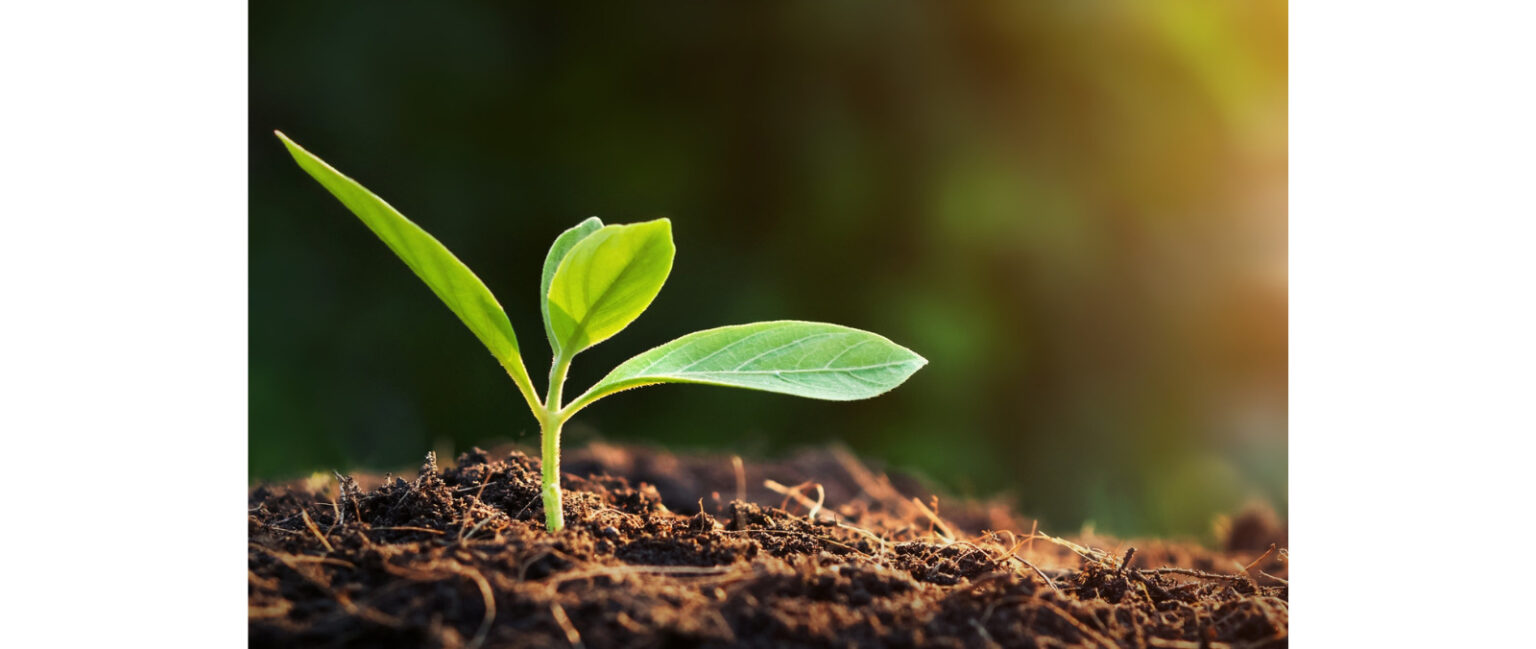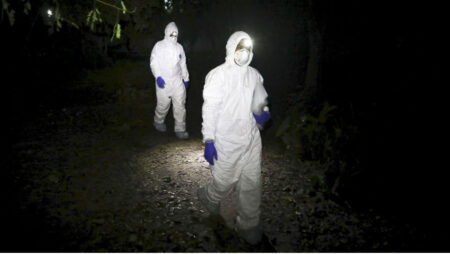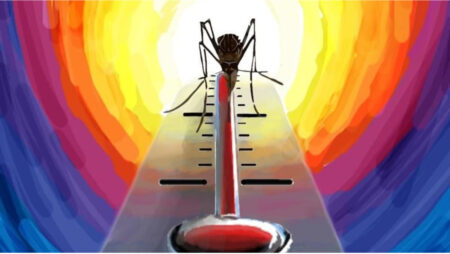A recent study published in the Proceedings of the Royal Society B: Biological Sciences sheds light on the uncanny way that microbes help plants resist drought conditions. The multi-generational study conducted by researchers from the College of Agricultural, Consumer, and Environmental Sciences (ACES) discovered that the environment itself selected for drought-resistant bacteria and they made the plant drought resistant.
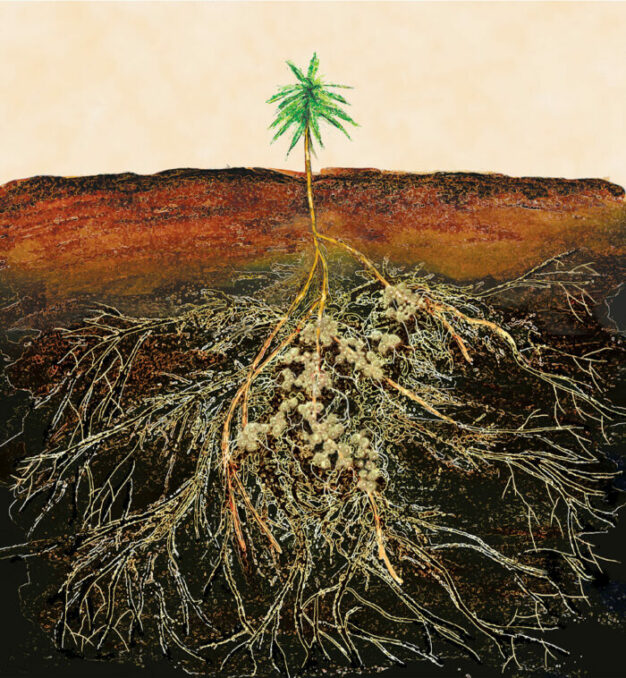
DROUGHT STRESS: A RISK TO SOIL HEALTH AND PLANTS
Due to global warming, the risk of drought has increased. Drought stress poses an enormous threat to agriculture globally, with its adverse effects damaging global crop yields and overall food security. Traditionally, it was believed that soil microbes, particularly mycorrhizal fungi, and rhizobacteria, played a vital role in supporting plants during droughts and cases of water scarcity. The presence of soil microbes enhances and facilitates water uptake, nutrient acquisition, and hormonal regulation, thereby mitigating the impact of drought on plants.
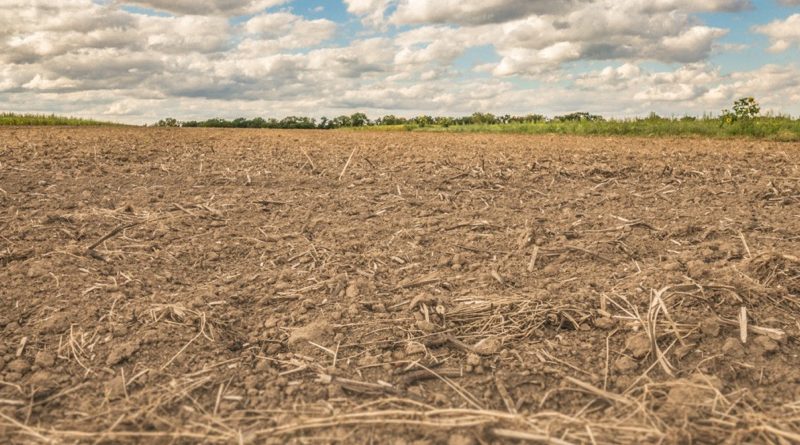
A MULTI-GENERATIONAL STUDY
To study this process Ricks conducted a study where he set up live soil communities in pots, with and without plants. Half of the pots were well-watered, while the other half were subjected to drought conditions. This process was repeated for three generations, allowing for the potential selection of beneficial microbes that could help plants cope with the induced drought-like conditions.
For the second phase of the experiment, Ricks introduced a blend of conditions. Plants were grown in the soil from the previous phase and the same watering treatments were maintained. However, some plants were now subjected to drought conditions in soils that had previously been well-watered, and vice versa.
The hypothesis was that soil microbes from pots with a history of dry conditions would have adapted to those circumstances and would better aid plants in dealing with drought compared to microbes from pots with a history of wet conditions. The results observed supported the hypothesis, showing that plants exposed to drought were more robust when grown with microbes that were drought-adapted.
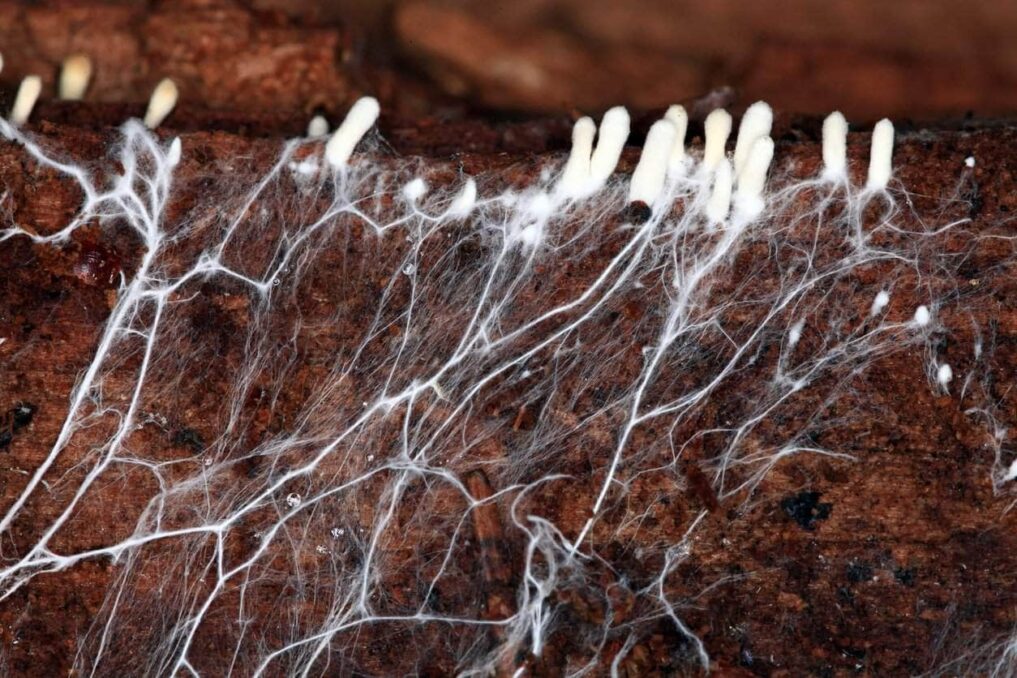
KEY INSIGHTS
The study explored thatsoil microbes are capable of altering the plant’s stress response and how stress is perceived. Soil microbes are capable of affecting hormonal responses in plants, enhancing functions like water regulation, tolerance towards drought, and more. The immune system was another facet to be affected according to the study, microbes release certain compounds that can prime the plants against stress conditions and the threat of pathogens.
FUTURE APPLICATIONS
Agriculture is one of the key areas where this study would prove its usefulness. A deeper understanding of how soil microbes assist plants during drought conditions could aid farmers in adopting approaches and techniques to promote beneficial microbial communities in their soils. Researchers could develop specific microbial supplements and practices that encourage the proliferation of helpful microbes.
The study’s findings can help in the breeding of genetically engineered crops that are more resilient to drought stress. Ecosystems worldwide are in danger of extinction due to the drought stress induced by global warming. The insights provided by this could study has the capability to aid in the conservation and restoration of endangered ecosystems.







